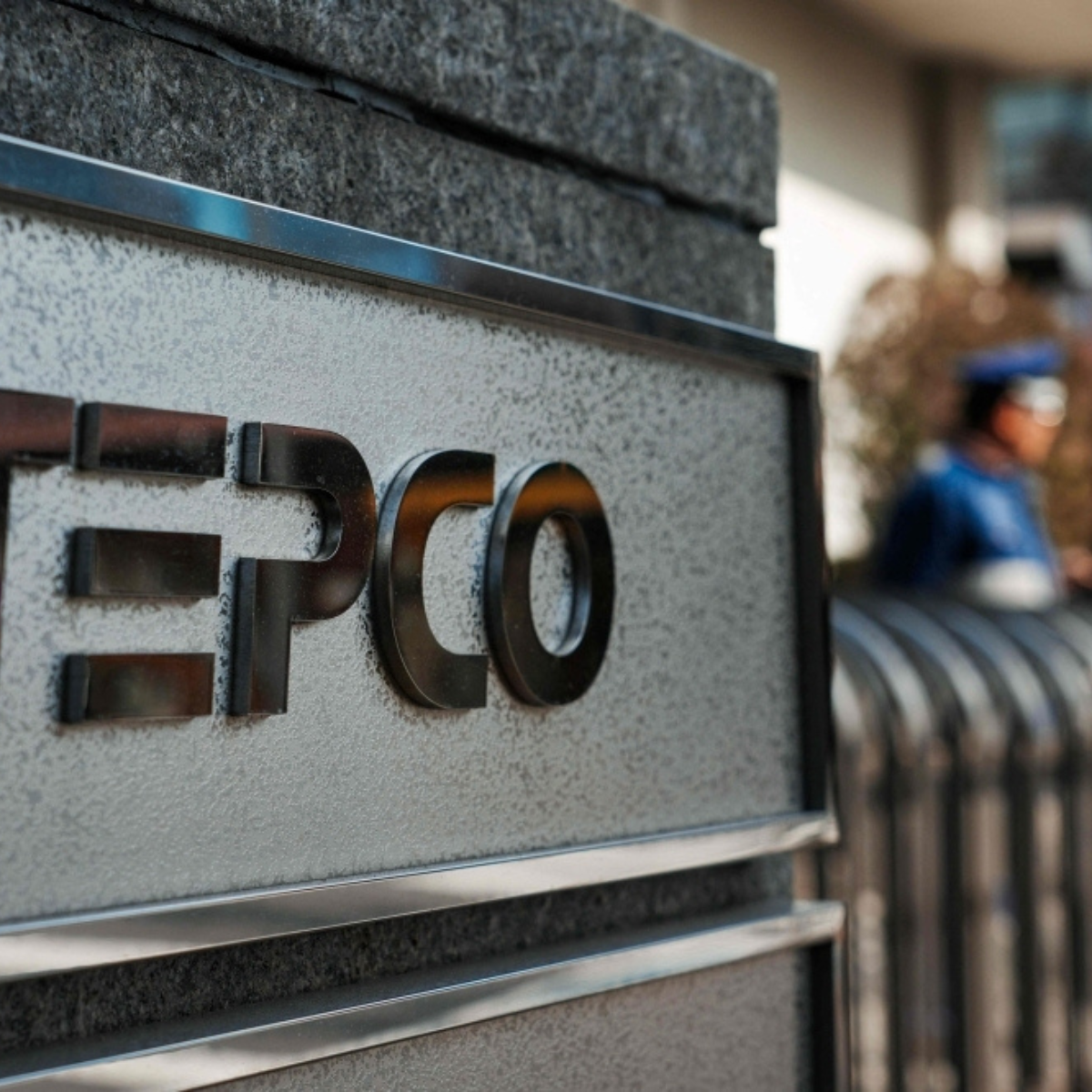KUALA LUMPUR, Jan 23 — Two foreign nationals have become the first individuals in Malaysia to be charged in court for littering under the newly enforced anti-littering law, according to a report by The Star.
PARIS, Feb 4 — Countries worldwide are adopting different approaches to AI regulation, from lenient policies in the US to strict oversight in the EU, while China and India remain cautious. Ahead of the Paris AI Summit on February 10-11, here’s how key nations are handling AI governance.
United States
President Donald Trump recently revoked Joe Biden’s 2023 AI oversight order, which had required Open AI and other firms to share safety assessments with the government. Now, the US lacks formal AI laws, leading experts to describe it as a "Wild West" approach. Privacy laws still apply, but there are no strict AI-specific regulations.
China
China is still working on a formal law for generative AI. Its Interim Measures require AI to respect personal data, business interests, and national security while adhering to "core socialist values." AI-generated content must be labeled, and sensitive topics—such as President Xi Jinping or Tiananmen Square—are tightly controlled.
European Union
The EU passed the AI Act in March 2024, making it the most comprehensive AI regulation globally. The law bans predictive policing, biometric profiling, and AI-based discrimination. It follows a risk-based approach, meaning stricter rules for high-risk AI systems. EU leaders argue that clear guidelines will benefit businesses while safeguarding citizens' rights.
India
India has no dedicated AI law but applies existing laws on privacy, defamation, and cybercrime. The government’s 2024 advisory initially required AI firms to seek approval before launching "unreliable" models, but backlash from tech companies like Perplexity and Google led to a softer approach, now requiring disclaimers on AI-generated content.
United Kingdom
The UK, home to the third-largest AI sector, is taking a business-friendly approach. Prime Minister Keir Starmer introduced an "AI Opportunities Action Plan", advocating for testing before regulation to encourage safe and rapid AI development. A consultation is underway to clarify copyright laws for AI-generated content.
With global AI rules evolving, nations continue to balance innovation, ethics, and security. — AFP


.jpeg)




